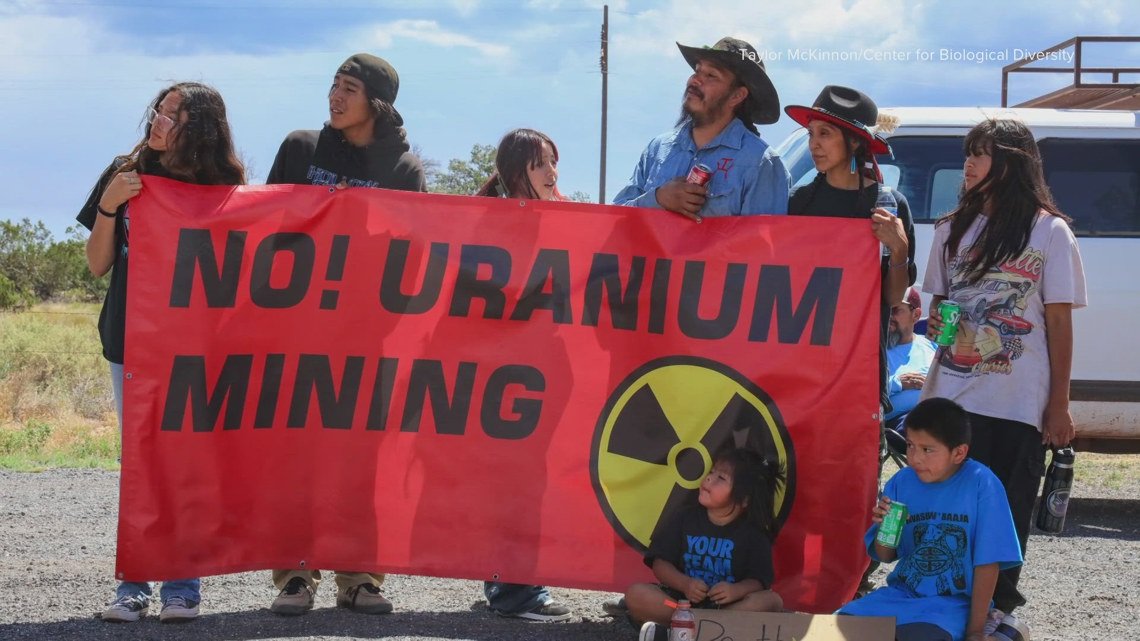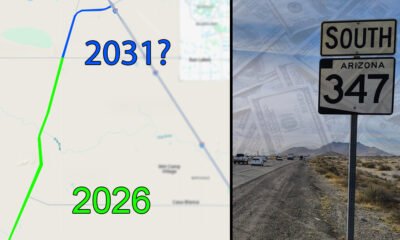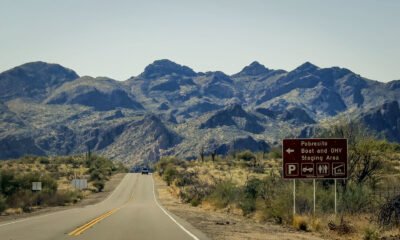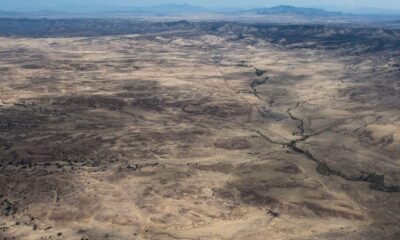arizona
Uranium Mining on Tribal Lands Stalled: Cautious Hope Ahead

Uranium shipments across the Navajo Nation remain halted as protests persist against mining operations. Concerns over the environmental and health impacts have fueled ongoing demonstrations in Northern Arizona and within the tribe.
Energy Fuels commenced uranium mining at the Pinyon Plain Mine, located south of the Grand Canyon, in December. Although the company intended to begin transporting the mined uranium this summer, a pause was announced on August 1 by Governor Katie Hobbs’ administration following public outcry.
Despite the temporary halt, activists like Leona Morgan of Haul No! remain cautious, stating, “We’re not celebrating just yet,” emphasizing that the pause represents only a partial victory. The focus now shifts to permanently closing the mine.
The protests continue as groups express their discontent with Energy Fuels’ operations. Morgan stated, “Being an election year makes it hard to predict how long the negotiations may take.” She highlighted concerns that the effectiveness of negotiations may depend on the company’s willingness to comply with any agreements reached.
Navajo Nation President Buu Nygren criticized Energy Fuels for operating without proper notification to the tribe. The company contends it did provide the necessary notice and asserts it is ready to resume transport at any moment, aiming to address “reasonable” concerns raised by tribal leaders.
Arizona Attorney General Kris Mayes recently engaged with Energy Fuels executives, urging them to negotiate transparently with all stakeholders before resuming any uranium transportation. A spokesperson for Mayes conveyed this message, emphasizing cooperation with both the Navajo Nation and Coconino County.
State Senator Theresa Hatathlie echoed the concerns of President Nygren and advocates, pointing to the health dangers associated with uranium mining. She shared her family’s experience, highlighting her father’s exposure and the lack of adequate compensation from the federal government for the resulting health issues.
“The federal government only allotted him $50,000, which is nothing compared to the years that he suffered,” Hatathlie lamented, urging for a shift in dialogue to place indigenous health and environmental sovereignty at the forefront.
“Now is the time for action to ensure the protection of lives and the environment,” she concluded, reinforcing the necessity of prioritizing the health of her community amidst ongoing debates surrounding uranium mining.


















